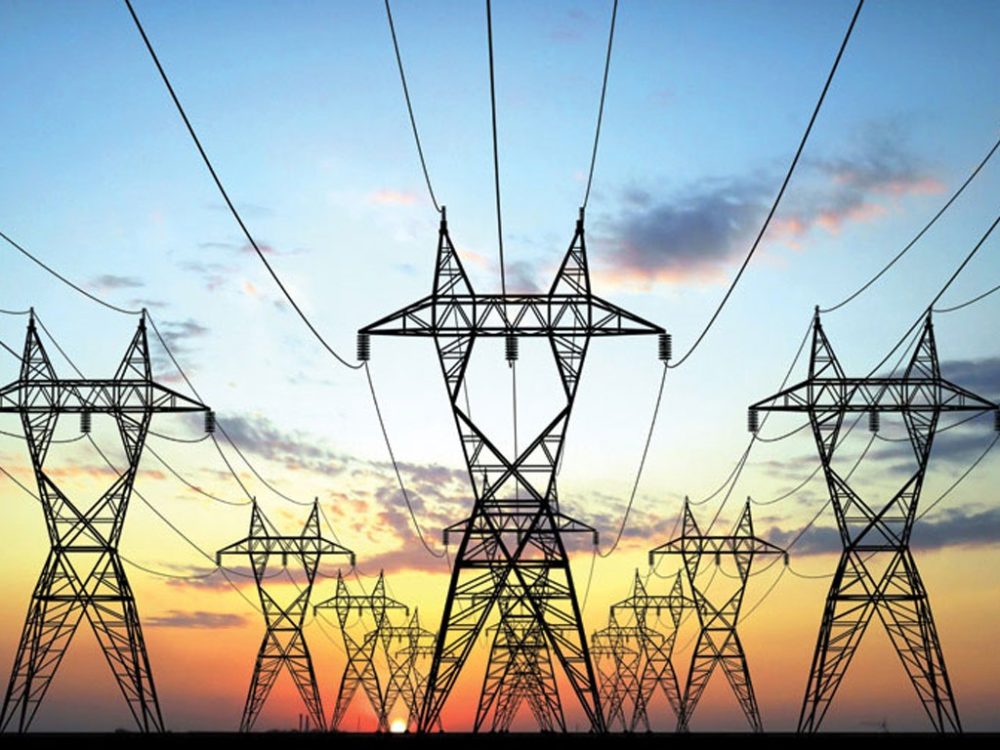Due to the currency devaluation, rising international oil prices and other changes, WAPDA distribution company (Discos) have suggested an increase of about 63 paisa per unit in consumer tariffs under monthly fuel price adjustment.
A public hearing will take place on August 29 where the National Electric Power Regulatory Authority (NEPRA) will take up the petition asking for an increase in consumer tariffs. If approved, higher electricity rates will be collected from the consumers in the upcoming month of September.
The new tariff will allow relaxed limitations for power companies. The CPPA, in the petition, mentioned that it has cost the consumer a reference tariff of Rs 4.98 per unit in July while the actual cost turned out to be Rs 5.61 per unit, the petition hence suggested that CPPA should be allowed to recover in the next month.
In July 2018, total energy generation from all over the country was recorded at 13,750.87 GWh (Gigawatt hours) which accumulated to a total bill of Rs 73.098 billion, while 13,397 GWh was sold to Discos at a rate of Rs 75.12 billion. Transmission losses were recorded at 2.5 percent.
The Hydrel power generation share remained the same in June and July where residual fuel oil (RFO)-based electricity generation dropped to 9.34 percent in July. Locally produced gas-based generation, however, remained at 14.87 percent. Liquefied natural gas-based generation cost also increased to Rs 9.72 per unit in July.
Among renewable and other energy sources:
- Nuclear energy contributed 5.35% at a fuel cost of 95 paisas per unit.
- Power produced by sugar mills accounted for about 1% at a cost of Rs 6.18 per unit.
- The electricity imported from Iran had a cost of Rs 11.57 per unit while its share was 0.21%.
- Wind injected its 3.12% electricity to the grid at no cost.
- Solar power chipped in with 0.44% also at no cost.
These price hikes are due to the variation in international oil prices. Due to currency devaluation and higher international oil prices, the fuel cost of both RFO and LNG-based plants went up by almost 50 and 40 paisa per unit, respectively.
The recent surge in tariffs will not be charged to the lifeline consumers, however, consumers of other categories which includes industrial sector and agriculture tube wells will have to bear the extra expense. Furthermore, this change will not be applicable to K-electric consumers.


























Wah Power Companies Kabhi Request Nahi Karti Price Kam Karne Ko Wo NEPRA Karta hai Apni Marzi Se
Wah Power Companies Kabhi Request Nahi Karti Price Kam Karne Ko Wo NEPRA Karta hai Apni Marzi Se